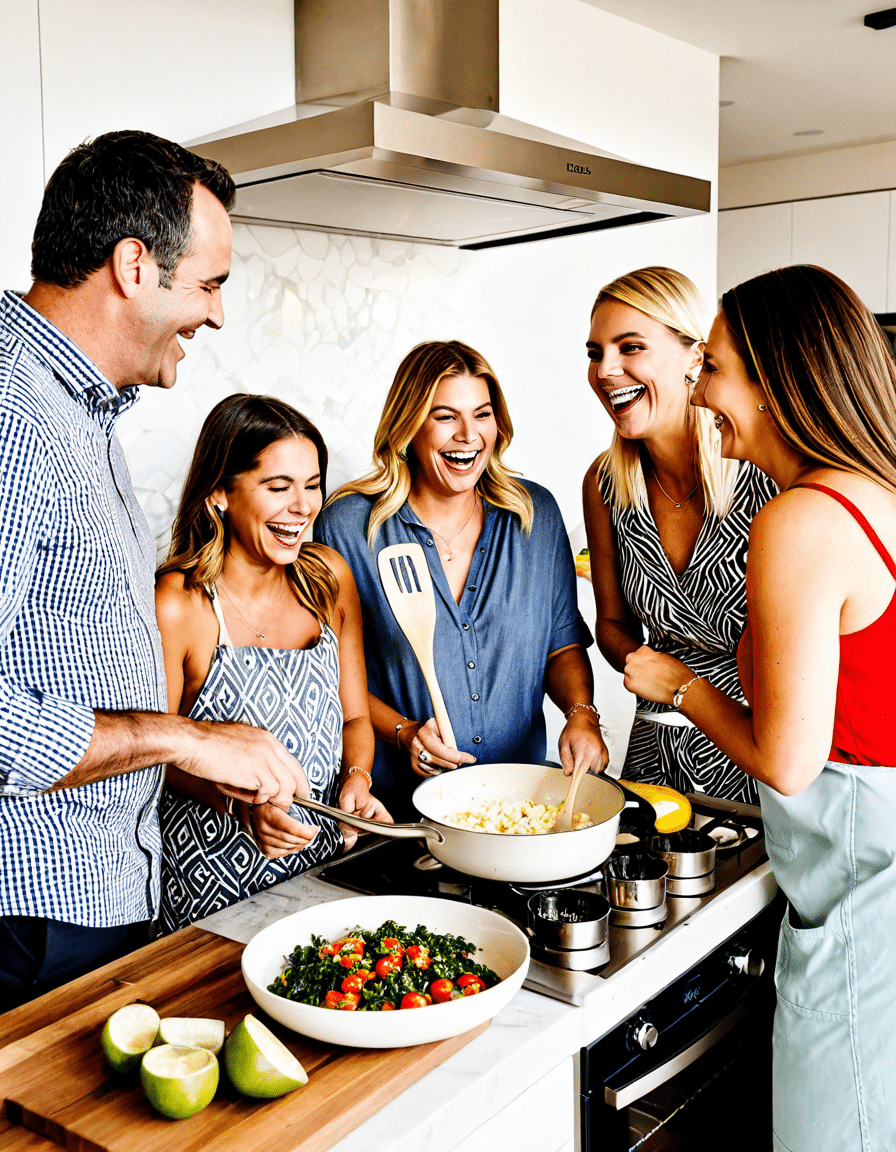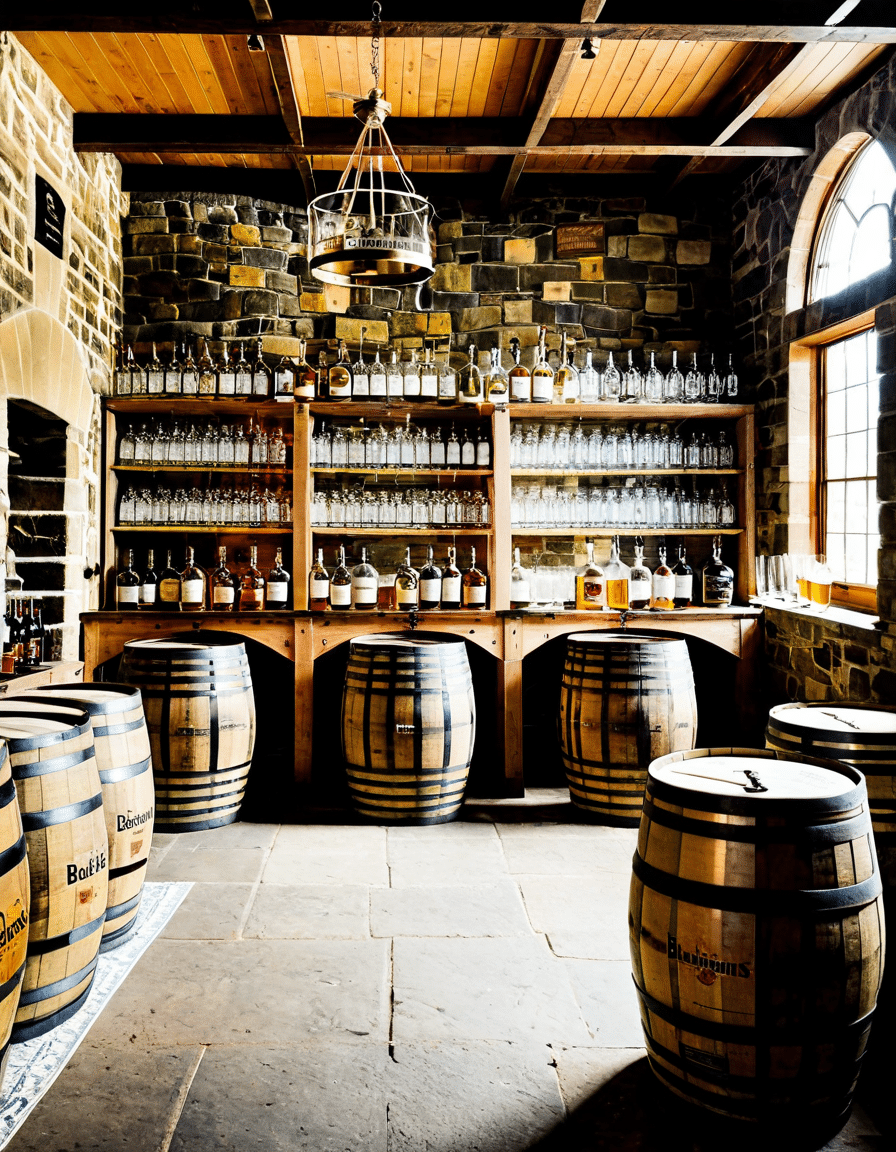If you’re on the lookout for a feathered friend that brings both reliable egg production and wholesome meat to your table, look no further than the Rhode Island Red hen. Renowned for their hardiness and adaptability, Rhode Island Reds have secured their place as the quintessential dual-purpose chicken. From bustling backyards in suburban neighborhoods to expansive farms across America, these hens have become a go-to choice for poultry enthusiasts and commercial farmers alike. Let’s dive into the many benefits of raising Rhode Island Reds and explore why they might just be the best addition to your flock!
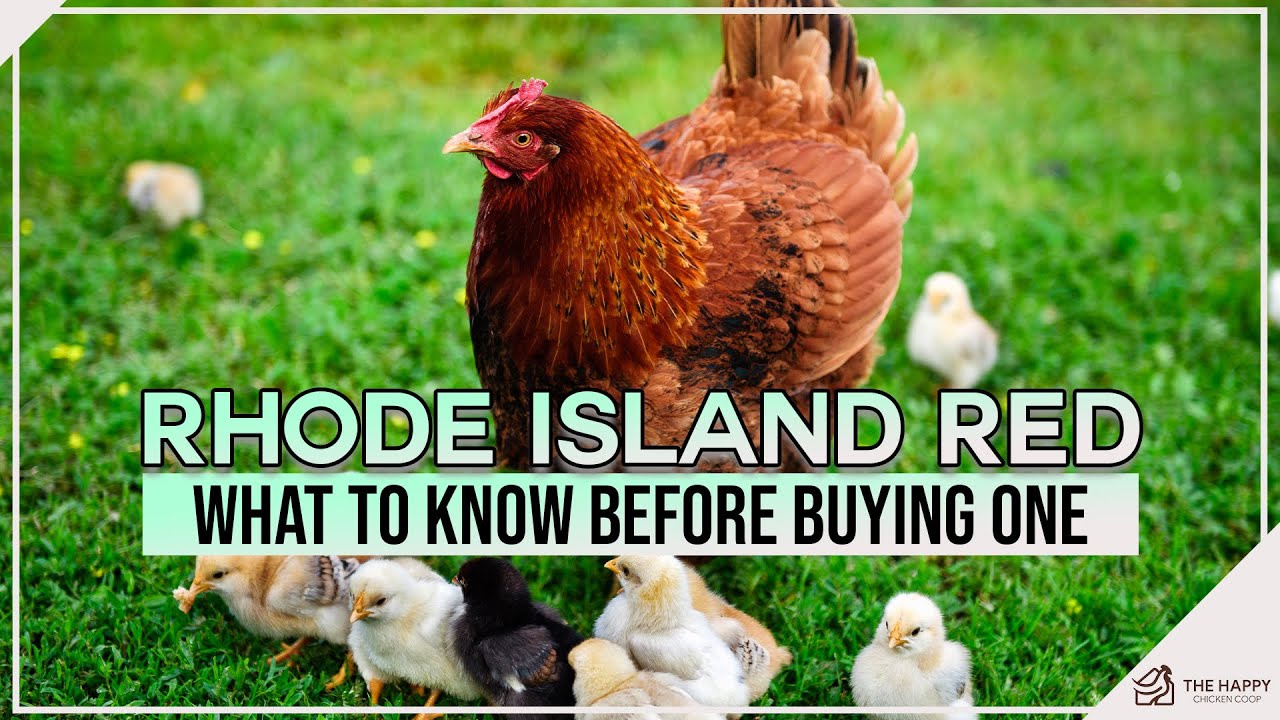
The Benefits of Raising Rhode Island Red Hens
When it comes to choosing the right breed for your homesteading, the Rhode Island Red hen stands out like a beacon. With their impressive egg-laying capabilities, sturdy physiques, and charming personalities, these hens can be a real game-changer for anyone looking to fuse the worlds of agriculture and sustainability.
1. High Egg Production
One of the most remarkable qualities of the Rhode Island Red hen is its high egg production. Under optimal conditions, a single Rhode Island Red can lay up to 300 large, light brown eggs annually. That’s right! These aren’t just average eggs; they’re your classic brown eggs that work wonders in baking or served sunny-side up. Even when the temperatures dip during winter, Rhode Island Reds maintain a steady production. As you sit back and enjoy your morning scramble, you’ll appreciate the consistency these hens provide throughout the year.
2. Quality Meat Production
But hold your horses; they’re not just egg-layers! Native to the realms of dual-purpose poultry, Rhode Island Reds don’t skimp when it comes to meat quality either. Weighing in at about 6 to 8 pounds with a well-developed breast, they boast a fantastic meat-to-bone ratio. This trait makes them a popular choice for those who desire both meat and eggs from their farm. Moreover, heritage breed Rhode Island Reds can reach flavors that many chefs describe as “finest flavored,” which adds an extra twist for food lovers.
3. Hardiness and Adaptability
What sets Rhode Island Reds apart is their unparalleled resilience. They thrive in various climates, from the humid summers in Virginia Beach, where they might even catch glimpses of humpback whales off the coast, to the frigid winters of New England. As great foragers, these birds tend to fend for themselves, requiring less hands-on care than other breeds. This adaptability not only makes them an attractive option for new farmers but also reduces the risk of health issues typically found in other, less hardy varieties.
4. Friendly and Docile Nature
If you have kids or are looking for a flock that’s easy to manage, Rhode Island Reds are your go-to. These hens are known for their calm demeanor and friendly attitude. When it comes to handling, they’re gentle — making them an ideal choice for families. Not to mention, they play nice with other breeds too! This sociable nature fosters a peaceful environment in your backyard, allowing everyone to coexist harmoniously.
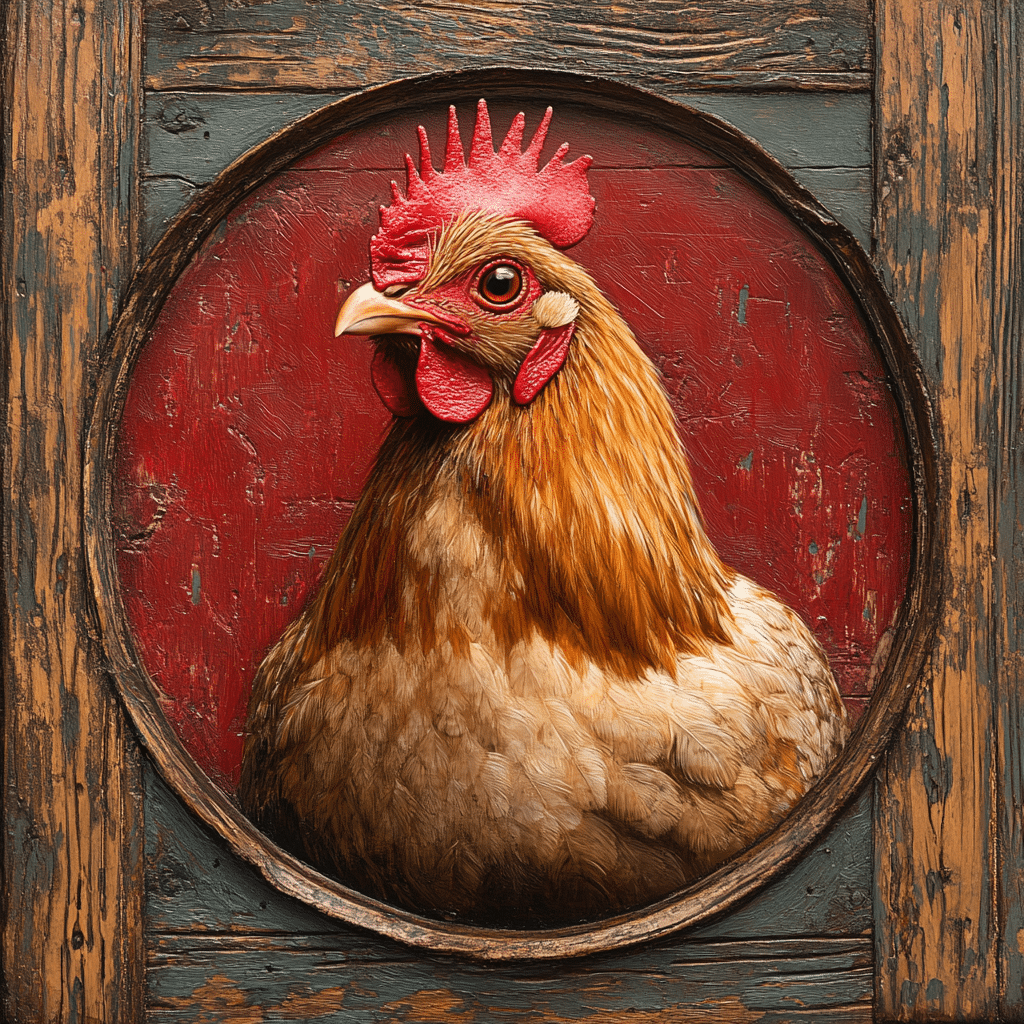
From Coast to Coast: Rhode Island Reds and Local Variations
While Rhode Island Reds have cemented their status nationally, it’s fascinating to see how different geographical regions might put their spin on raising these incredible birds.
5. Cost-Effectiveness
When you’re investing in chickens, cost matters. Rhode Island Reds offer a superior return on investment with lower feed costs and high production rates. Despite their many benefits, you can often find a Rhode Island Red for around $10. In contrast, some other breeds, like the Ayam Cemani, can skyrocket to $50 due to their rarity and appeal. This affordability, coupled with high egg and meat yield, presents a financial boon that’s hard to beat.
6. Resistance to Diseases
Health is wealth when it comes to poultry farming. Rhode Island Reds boast strong immune systems, often resisting diseases that plague other breeds. You’ll find fewer outbreaks of ailments like Marek’s disease or coccidiosis, a major advantage whether you’re a newcomer or a seasoned farmer. With Rhode Island Reds, illness doesn’t become a constant worry.
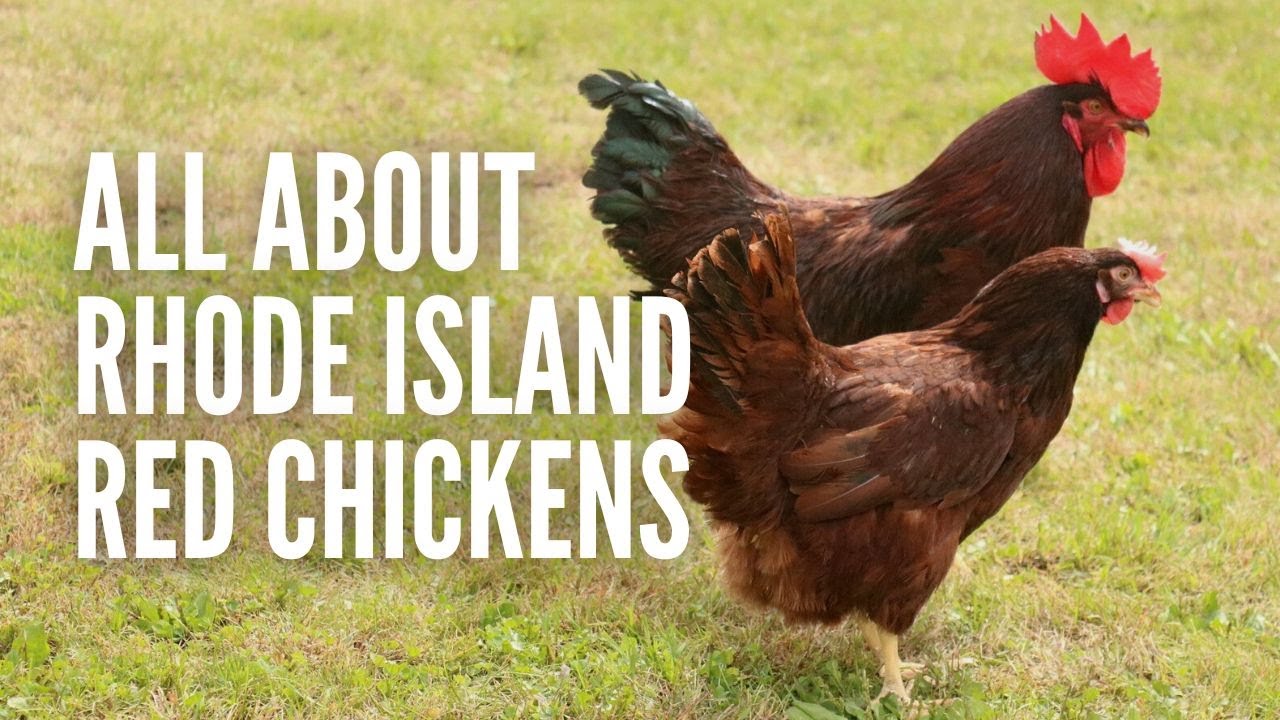
Rhode Island Reds and Ethical Farming Practices
As we move into an era founded on sustainability and ethical practices, the Rhode Island Red hen shines as a model breed. Their ability to free-range and forage means less reliance on processed feed, contributing to a smaller environmental footprint compared to conventional poultry farming practices. This resonates well with environmentally-conscious farmers and consumers who wish to support local, humane agriculture.
7. Cultural Significance and Community Belonging
Raising Rhode Island Reds isn’t merely about tending to your flock; it’s about joining a community. Numerous farming groups and co-ops celebrate these hens through events like chicken swaps or educational workshops. These social gatherings encourage knowledge-sharing and provide invaluable connections among farmers dedicated to sustainable agriculture. You can even consider swapping stories while sporting your stylish Canada Goose vest for those cooler evenings spent outside!
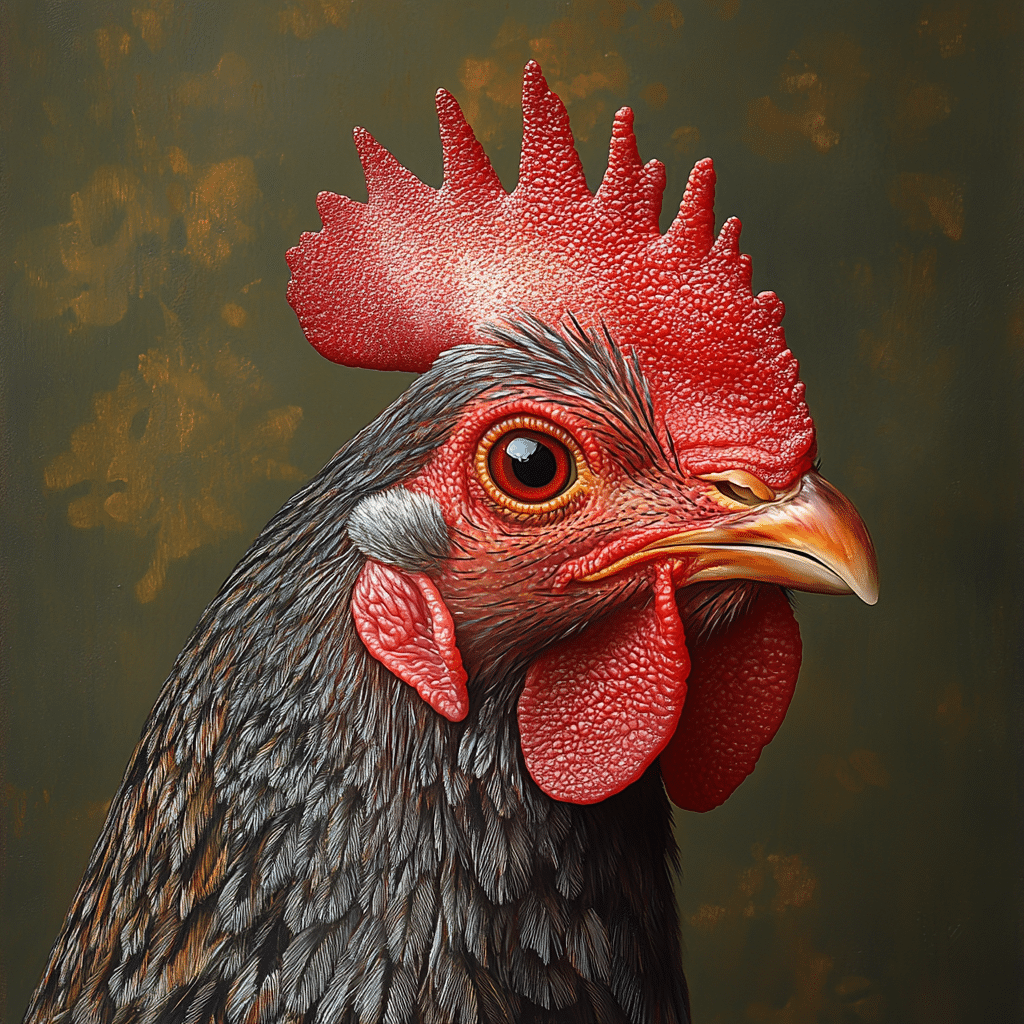
Accessories & Apparel: The Practical Side of Poultry Farming
Like rocking out at a concert with the right gear, raising chickens benefits from having the right accessories. From waterers and feeders to comprehensive poultry health kits, all enhance the Rhode Island Red experience. Practical items like ostrich boots might also come in handy when you’re tackling those muddy chores in your backyard.
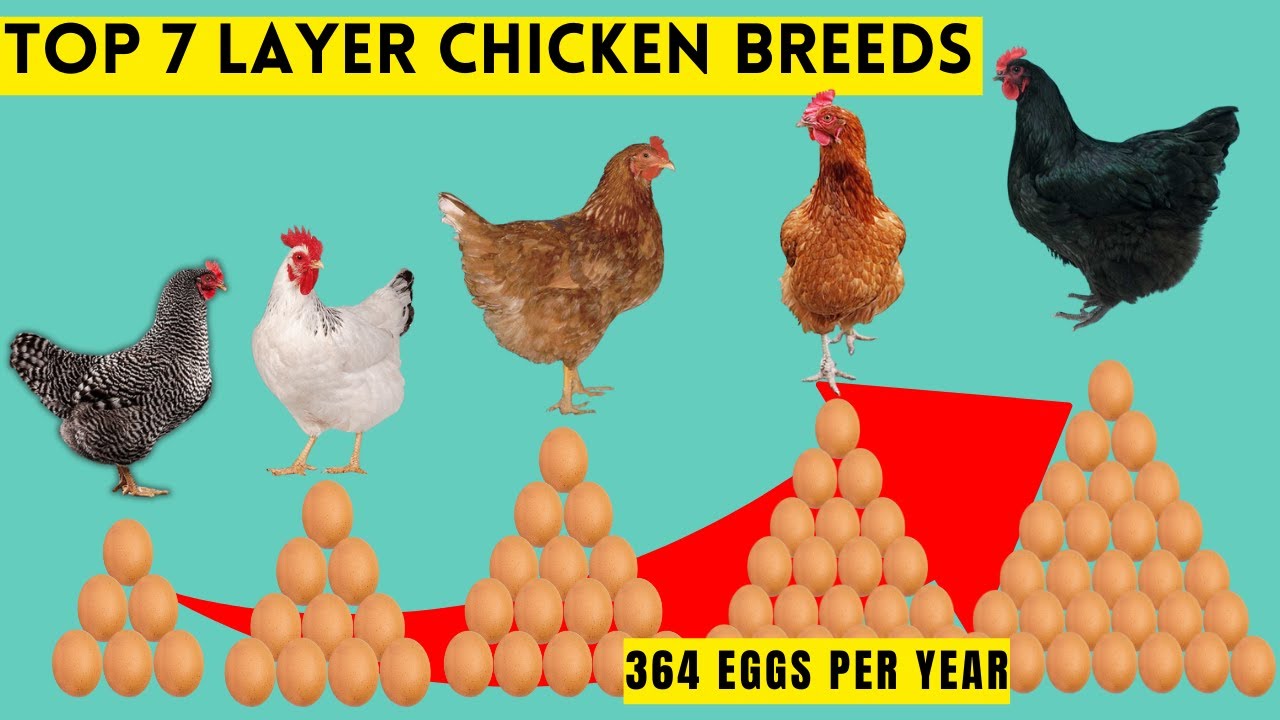
Closing Thoughts on Rhode Island Red Hens
At the end of the day, the Rhode Island Red hen lives up to its reputation as the perfect dual-purpose chicken. With stellar egg production, quality meat, and an affable nature, these hens encompass a rounded approach to poultry farming. They embody health, sustainability, and a vibrant community welcome for both novice and seasoned farmers alike. Embrace the Rhode Island Red hen, and you’ll not only become part of a rich agricultural tradition but also contribute to practices that echo the ethos of responsible farming. So go ahead, dive into this world, and watch your backyard flourish!
With your diet tasteful and sustainable, you might just feel like you’ve hit a lyrical note in the culinary soundtrack of life. For more engaging reads like I Feel Pretty, or to discover more on farm life, check out links on Ruth Madoff or the dazzling pursuits surrounding Marco garibaldi. Happy farming, folks!
Rhode Island Red Hen: A Fun Dive into Trivia
Fascinating Origins
The Rhode Island Red hen has a vibrant history that dates back to the late 1800s. Originally bred in the United States, these birds were prized for their exceptional dual-purpose qualities—they’re just as good for laying eggs as they are for meat. Interestingly enough, Rhode Island Reds were so popular that they contributed to the rise of commercial poultry farming. This clever cross-breeding allowed farmers to slice down on costs and increase production significantly, sort of like streamlining processes in workplace roles today, such as those discussed in Tower Hamlets council jobs.
Egg-Cellent Laying Machines
Speaking of benefits, Rhode Island Reds are known for their impressive egg-laying prowess, producing about 250 to 300 eggs a year! This makes them one of the top breeds for backyard chicken enthusiasts and farmers alike. The eggs are medium to large-sized and boast a lovely brown shell, ideal for any breakfast table. And just like the excitement around franchises considering holiday hours, you might ask, Is Mcdonald ‘s open on Thanksgiving ? Well, just like those fast food options, Rhode Island Reds make every day special with their consistent production of fresh eggs.
Personality Galore
These hens are also known for their hardy nature and friendly disposition. They adapt easily to various environments, which is a trait everyone can appreciate. That said, their strong personalities come into play, and they’re often seen establishing a pecking order in the coop—a bit like how coaches like Mike Elko create team dynamics on the field. If you’re thinking of keeping some Rhode Island Reds, get ready for a lively yet endearing experience!
Health Benefits and More
Beyond their delightful eggs and charming character, Rhode Island Reds are also hardy in health. They’re resistant to many diseases and can thrive in various climates, whether it’s chilly winters or hot summers. This resilience is similar to the powerful graphics capabilities of the new Rtx 4070 Super, designed to handle demanding tasks. Moreover, keeping these hens can be a fantastic investment, often coming with fewer costs compared to breaking a lease or maintaining other investment avenues, much like considering How much it Is To break a lease.
So, whether you’re in for the eggs or the companionship, the Rhode Island Red hen is a winning choice. Whether it’s their legendary history or their charming disposition, they’re sure to bring joy and productivity to any farm or backyard! Lastly, if you’re a student or a busy individual, managing your time through platforms like Canvas Ucsd can help you optimize your chicken-raising experience. Happy chickening!
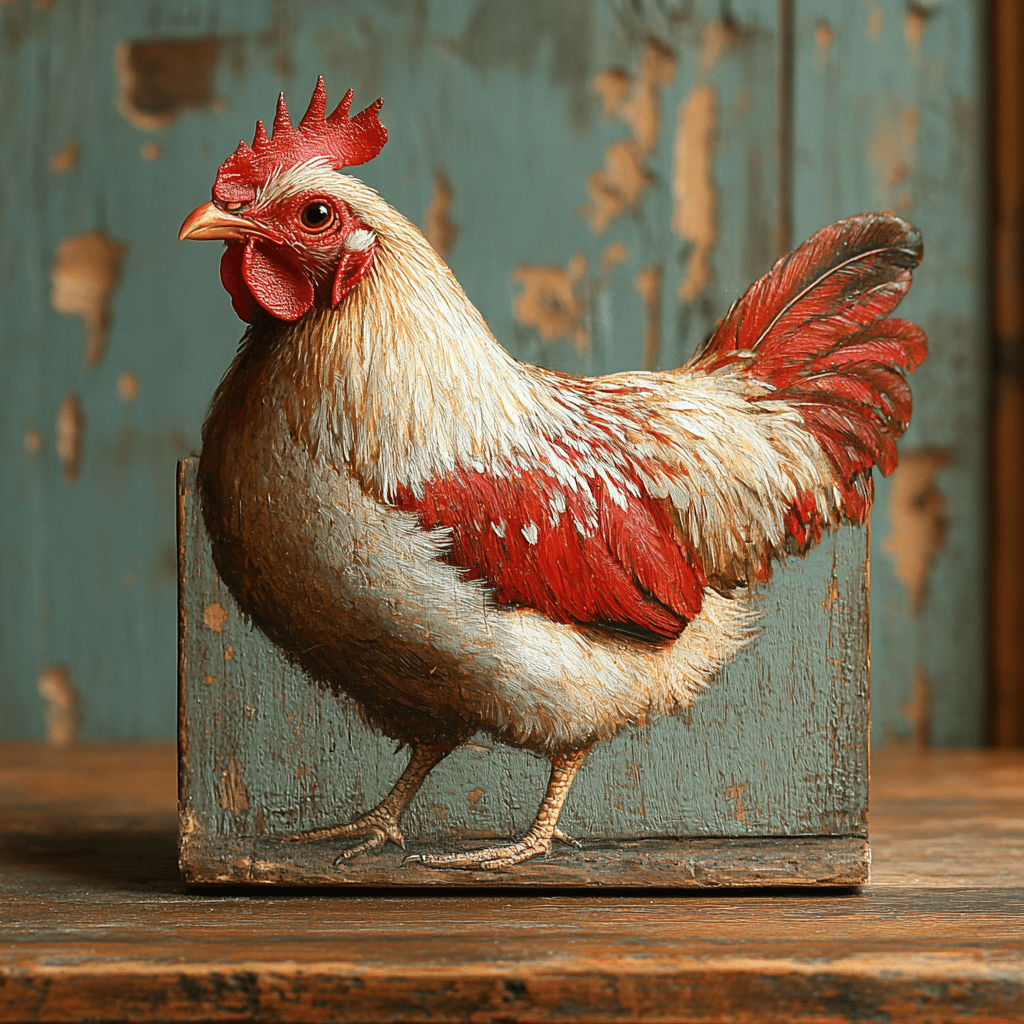
Are Rhode Island Red hens friendly?
Rhode Island Red hens are generally friendly and docile, making them a great choice for families and those new to chicken-keeping. They can be quite affectionate if given enough attention, but they might get a bit detached if neglected.
What color eggs do Rhode Island Red hens lay?
These hens lay large, light brown eggs, which are the classic brown eggs you often see in stores. They’re known for being reliable egg producers throughout their laying cycle.
How much is a Rhode Island Red laying hen worth?
As for pricing, Rhode Island Red hens typically cost around $10 each, but prices can vary based on the hen’s breed and age. Younger hens usually fetch a higher price compared to older ones.
What is the lifespan of a Rhode Island Red hen?
Rhode Island Red hens usually live between 5 to 8 years, but heritage strains can last longer, often reaching 9 to 10 years or even up to 15 years in some cases.
Are Rhode Island Reds bullies?
They’re generally not bullies, but like any chicken breed, individual personalities can vary. Most Rhode Island Reds have good temperaments, though production strains may be a little more flighty.
What color eggs do leghorns lay?
Leghorns, another popular breed, usually lay white eggs. They’re known for their excellent egg production but have a different egg color than Rhode Island Reds.
Are Rhode Island Red hens noisy?
In general, Rhode Island Red hens aren’t considered particularly noisy. Like most chickens, they can cluck and make sounds, but they’re not usually loud compared to some other breeds.
What chicken lays a black egg?
There’s no breed that lays black eggs; however, there are breeds like the Ayam Cemani that are known for their unique black feathers and skin, though their eggs are more often brown or tinted.
Can a Rhode Island Red hen look like a rooster?
While Rhode Island Red hens typically have a more hen-like appearance, they can sometimes display masculine features, especially if they have a mix in their genetics, but it’s not common for them to look like roosters.
How to tell if a Rhode Island Red chick is male or female?
To identify the gender of a Rhode Island Red chick, you’ll often need to wait until they develop some feathers or looks, as straight run chicks can be hard to sex at a young age. Some minor feathering differences may become apparent around a few weeks old.
How long does it take Rhode Island Red chickens to lay?
Rhode Island Red chickens usually start laying eggs around 18 to 20 weeks of age, provided they have access to the right diet with necessary nutrients.
How big do Rhode Island Red hens get?
Rhode Island Red hens can weigh over 6 pounds, while roosters typically weigh over 8 pounds, making them a robust breed.
What is the best breed to cross with Rhode Island Red?
Crossing Rhode Island Reds with other dual-purpose breeds, like Plymouth Rocks or Sussex, is often recommended for obtaining desirable traits in both egg production and meat quality.
What health issues do Rhode Island Red chickens have?
Common health issues for Rhode Island Reds include respiratory problems and issues related to their dietary needs, so it’s important to maintain a good diet and monitor their environment.
What is the best egg laying chicken?
The best egg-laying chicken breed is often considered to be the White Leghorn due to its high production rates, but Rhode Island Reds are also excellent layers, especially for backyard flocks.


